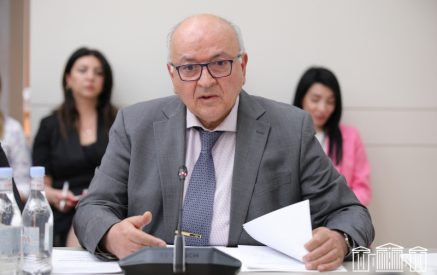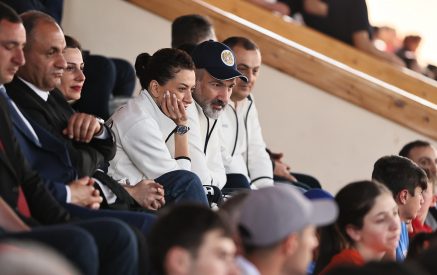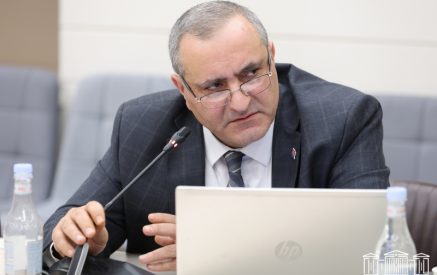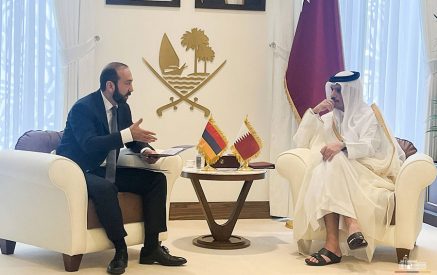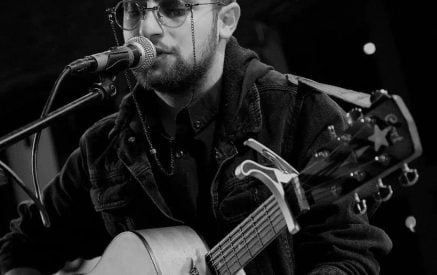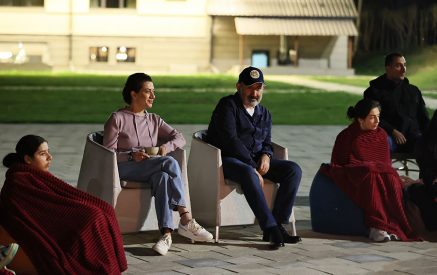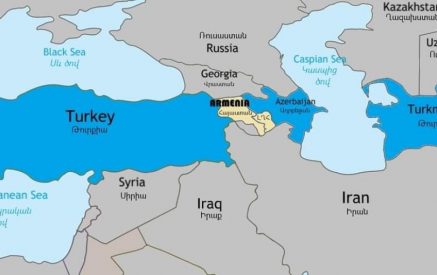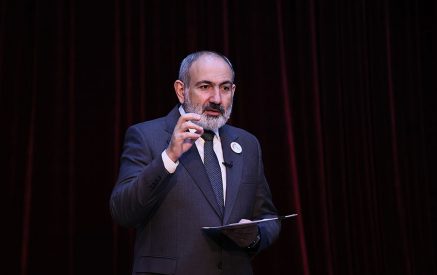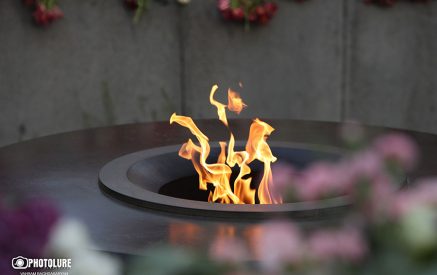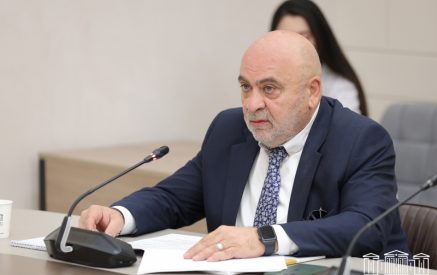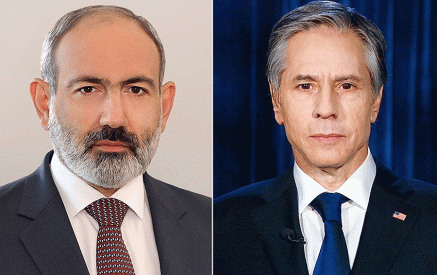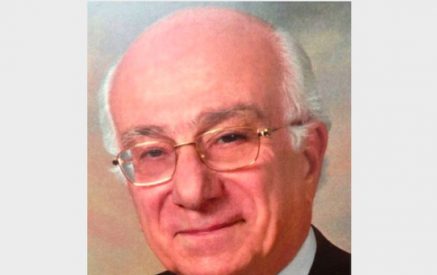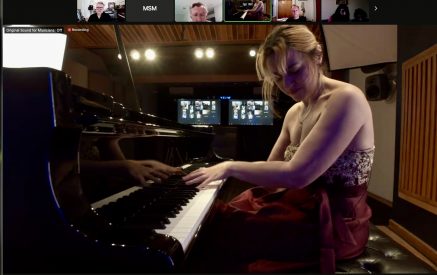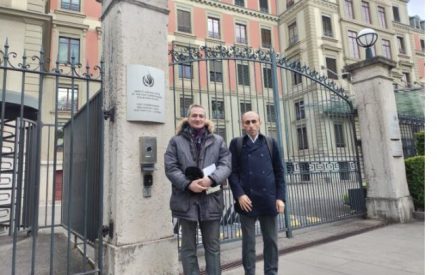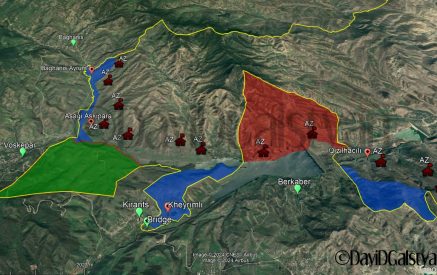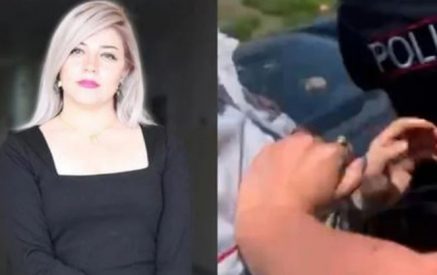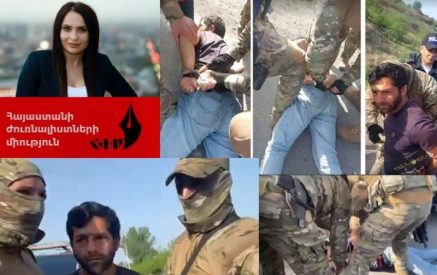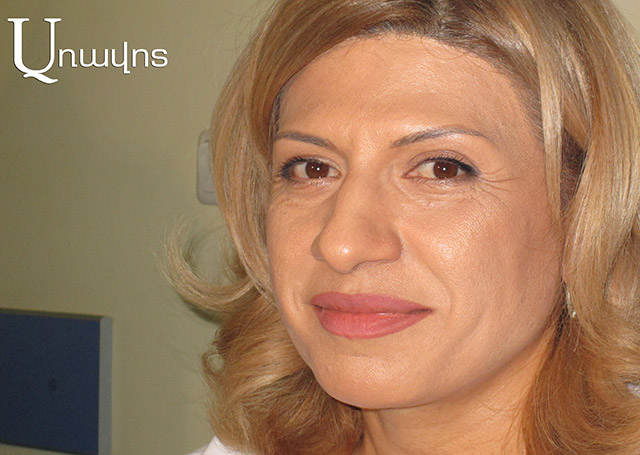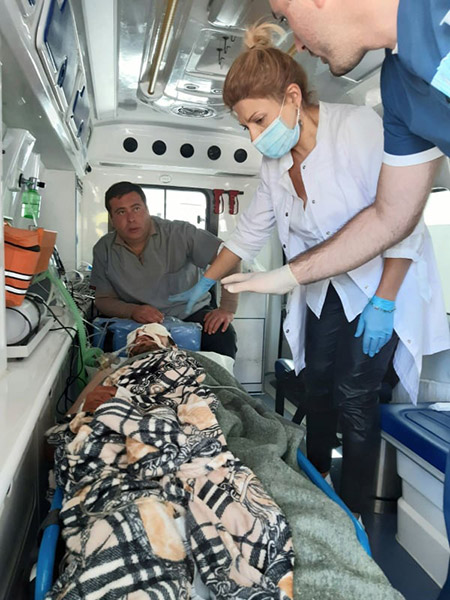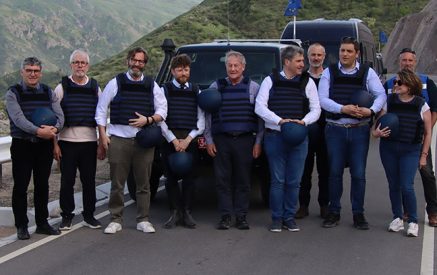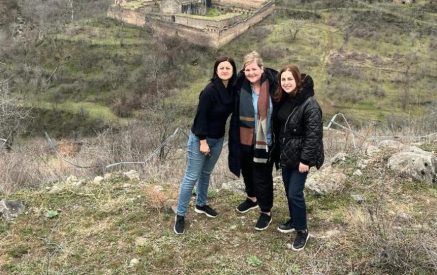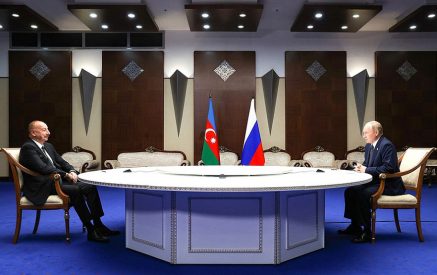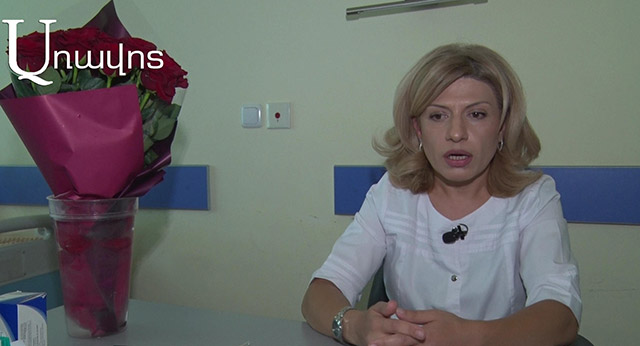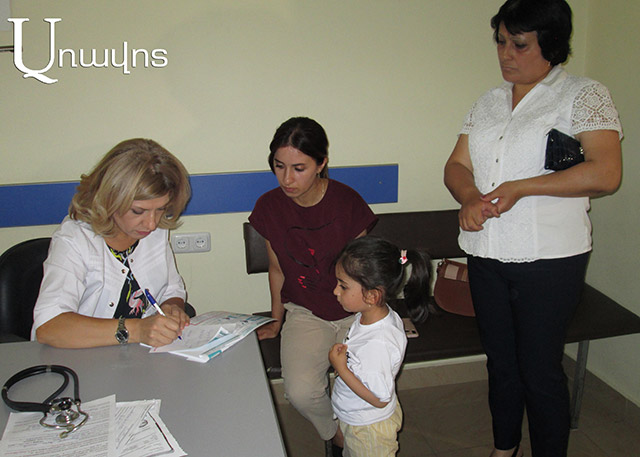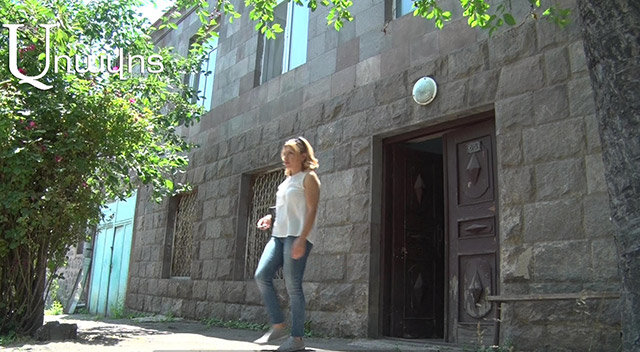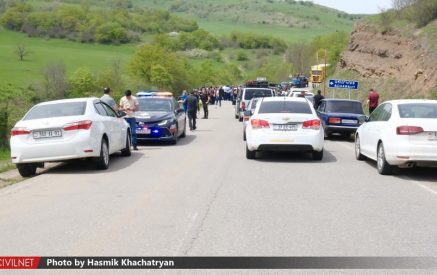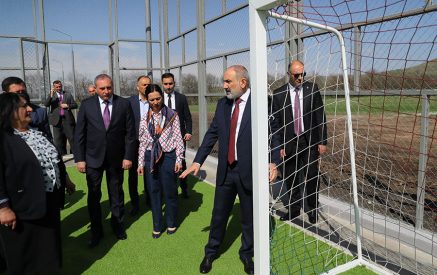September 27th was a Sunday last year. On Saturday, she and her husband decided to go with their family to one of the forests near Goris to enjoy the autumn of Syunik. For some reason, the night was restless and she could not sleep. There was no child in serious condition in the department. In any case, she got up and called the hospital․ Everything was normal. She lay down, but it seemed like a nightmare.
“I woke up in the morning, my husband said, ‘Hermine, a war has started. They fired on the territories of Jabrayil and destroyed the military units,’” Hermine Poghosyan, a pediatrician at the Goris Medical Center, recalled. In April 2016, her husband had also told her about the war. “I got dressed and rushed to the hospital, thinking, my God, how many days will it take this time?” said the pediatrician. When she arrived at work, the “number 1” order was already given and everyone was in their places. It was initially planned that in case of war, the Goris Medical Center would become a hospital. Each of the medics knew their duty.
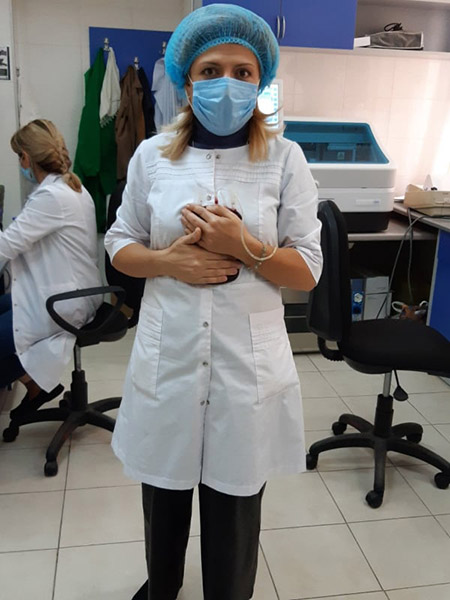
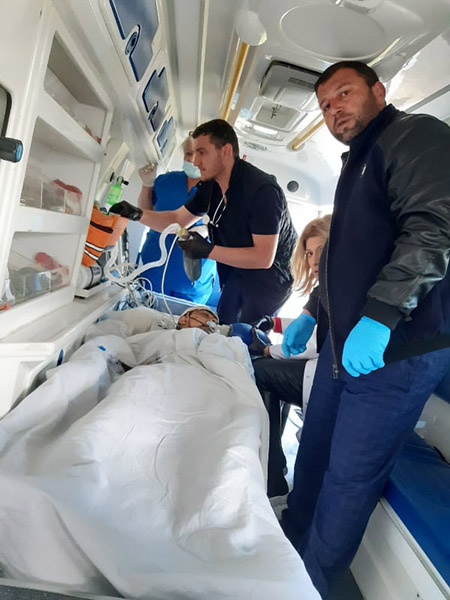
Hermine Poghosyan was appointed an assistant doctor in the X-ray room. She approached the director and said that she could do a lot, and asked him to change her position in the white army. The chief physician gave her permission, saying, “Wherever you feel you can, serve there.” “Since I am a pediatrician, I did not possess the skills of a surgeon, rheumatologist, or a resuscitator, but I did what I could. I assessed the patient’s condition, I even worked as a nurse and midwife, I gave blood tests, dressed the wounded patient, gave them water, fed them, and asked them what was going on there. I was doing what I could,” said Hermine Poghosyan.
Read also
Her husband is a police lieutenant colonel. He was drafted from the very first day of the war. In the first days they were in contact as he was participating in military exercises in Sisian. Then, when he left for the front line, where he had no contact with her for days. “I did not know where he was or in what condition. Almost every day, the wounded policemen were brought in, and I went down to the reception in fear, thinking that my husband might be among the wounded. It was difficult; you did not know what to think about, your husband, your children, the wounded? Of course, the job was to help the wounded,” said Dr. Hermine.
Mostly young people aged 18-19 were brought to the hospital. She wonders how they coped with the pain. They were strong boys, she said. “I approached an 18-year-old boy who was wounded in the leg. I said, ‘Baby, do not cry, we will sew up your leg and treat the wound, it will heal.’ I said it was the third war that I saw and how we lived in the bunkers for years. They shot at us, but we endured, you also will endure this. The pain will pass.
He said, ‘I am not crying because of the pain. I am crying for my friends. You know how many days I have been lying next to my friends’ corpses?” the pediatrician remembered emotionally. She said the doctors comforted the soldiers and vice versa. I ask if it is true that she was taking the wounded soldiers from the reception to the hospital without anyone’s help. Wondering how I know so many details, she said, “Sometimes, the elevators did not work. We took the soldiers to different floors without complaining. The departments were on different floors. Fifty to 100 soldiers were brought to the hospital every day.
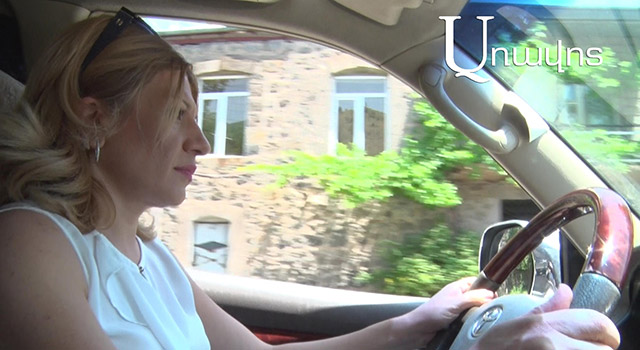
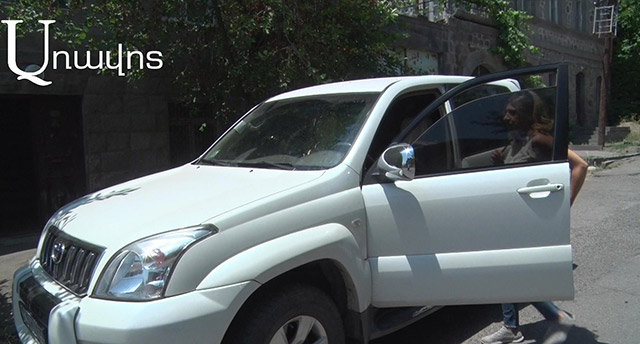
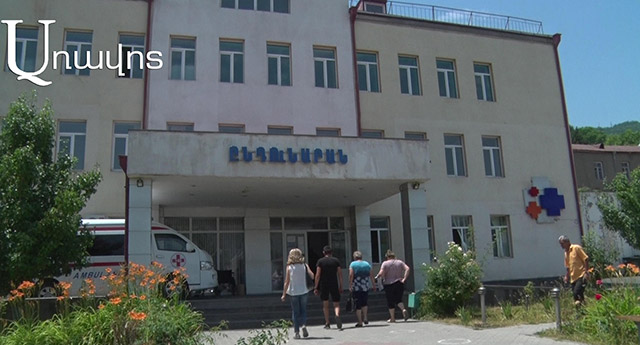
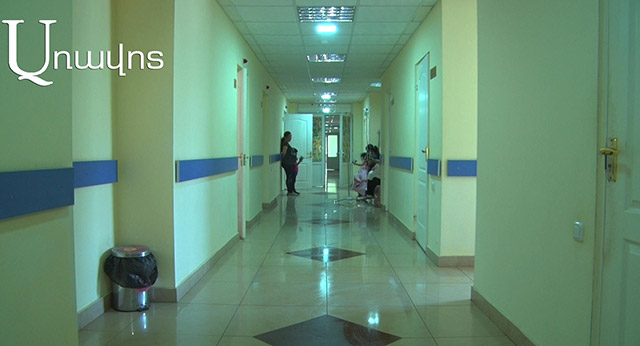
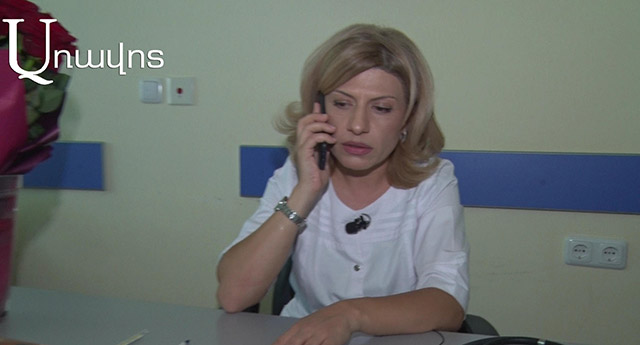
There were wounded and unconscious boys, who had to be helped, carried, and put in a wheelchair from the bed. We helped everyone, not thinking about our own health. And not only me, but all our employees.” Forty-four difficult and heavy days. She could not say anything about the November 9 trilateral agreement as she did not consider herself a military expert.
“There was a certain despair. Another cruel recurring page in history. But we must still be strong, no one’s will must be broken. We must strive to have a strong, more educated, well-established homeland. They say that we should not beg for peace, but demand. We must have a homeland where there will never be another war,” said Hermine. Hermine Poghosyan worked in Russia years ago. She treated the Azerbaijani children without discriminating.
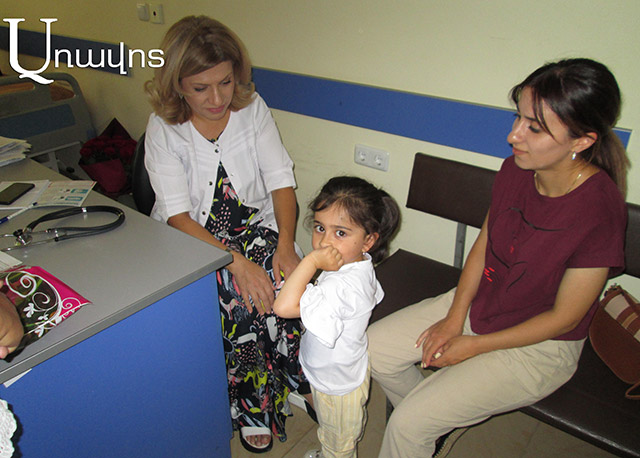
The role of women in peacebuilding is important. “If necessary, after all this, I am ready to sit at the same table with the Azerbaijani women, talk, and persuade them to be advocates of peace, to urge their sons and husbands to get rid of their aggression and enmity. I am ready for peace,” said Hermine Poghosyan.
“We all have dreams, but there came a time when we all dreamed of peace. I really want there to be no war in Armenia. War takes away all dreams and all opportunities to achieve those dreams. Let us have a strong homeland, let each of us do more than we can with our work, and let each of us fight for peace. Let’s be worthy of our fallen,” said Hermine Poghosyan, a pediatrician at the Goris Medical Center, before leaving.
Armen Davtyan

